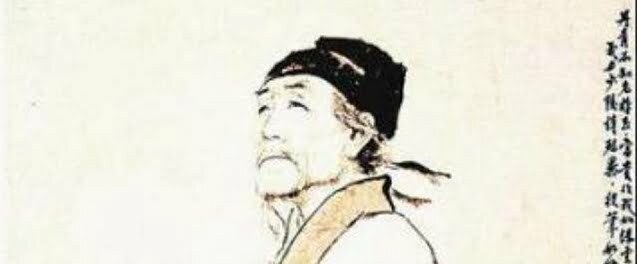
Du Fu, was he China’s greatest poet?
On this day in AD 750 the Chinese poet Du Fu was writing verse. One of China’s best loved poets, he was born during the Tang Dynasty and lived simply but much of his writing still resonates today. Here is his poem about the preparations for war, “The Song of the Wagons”:
The wagons rumble and roll, the horses whinny and neigh,
The conscripts each have bows and arrows at their waists.
Their parents, wives and children run to see them off,
So much dust’s stirred up, it hides the Xianyang Bridge.
They pull clothes, stamp their feet and, weeping, bar the way,
The weeping voices rise straight up and strike the clouds.
A passer-by at the roadside asks a conscript why,
The conscript answers only that drafting happens often.
“At fifteen, many were sent north to guard the river,
Even at forty, they had to till fields in the west.
When we went away, the elders bound our heads,
Returning with heads white, we’re sent back off to the frontier.
At the border posts, shed blood becomes a sea,
The martial emperor’s dream of expansion has no end.
Have you not seen the two hundred districts east of the mountains,
Where thorns and brambles grow in countless hamlets?
Although there are strong women to grasp the hoe and the plough,
They grow some crops, but there’s no order in the fields.
What’s more, we soldiers of Qin withstand the bitterest fighting,
We’re always driven onwards just like dogs and chickens.
Although an elder can ask me this, how can a soldier dare to complain, even in this winter time? Soldiers from west of the pass keep moving.
The magistrate is eager for taxes, but how can we afford to pay?”
Today it will remember that I cannot live alone; I cannot do it all myself; I must recognise the need for help and not be too proud to ask for it.
